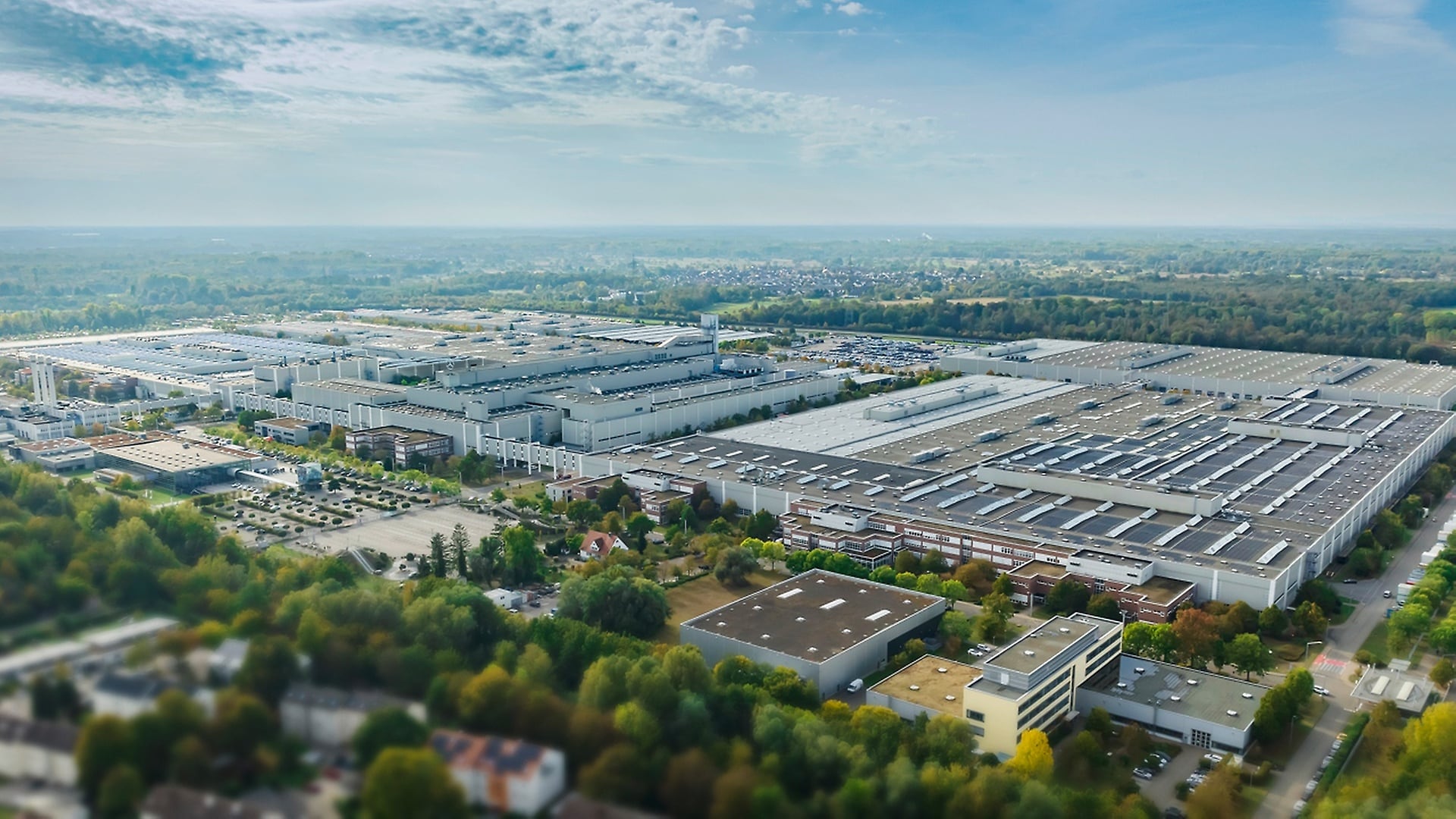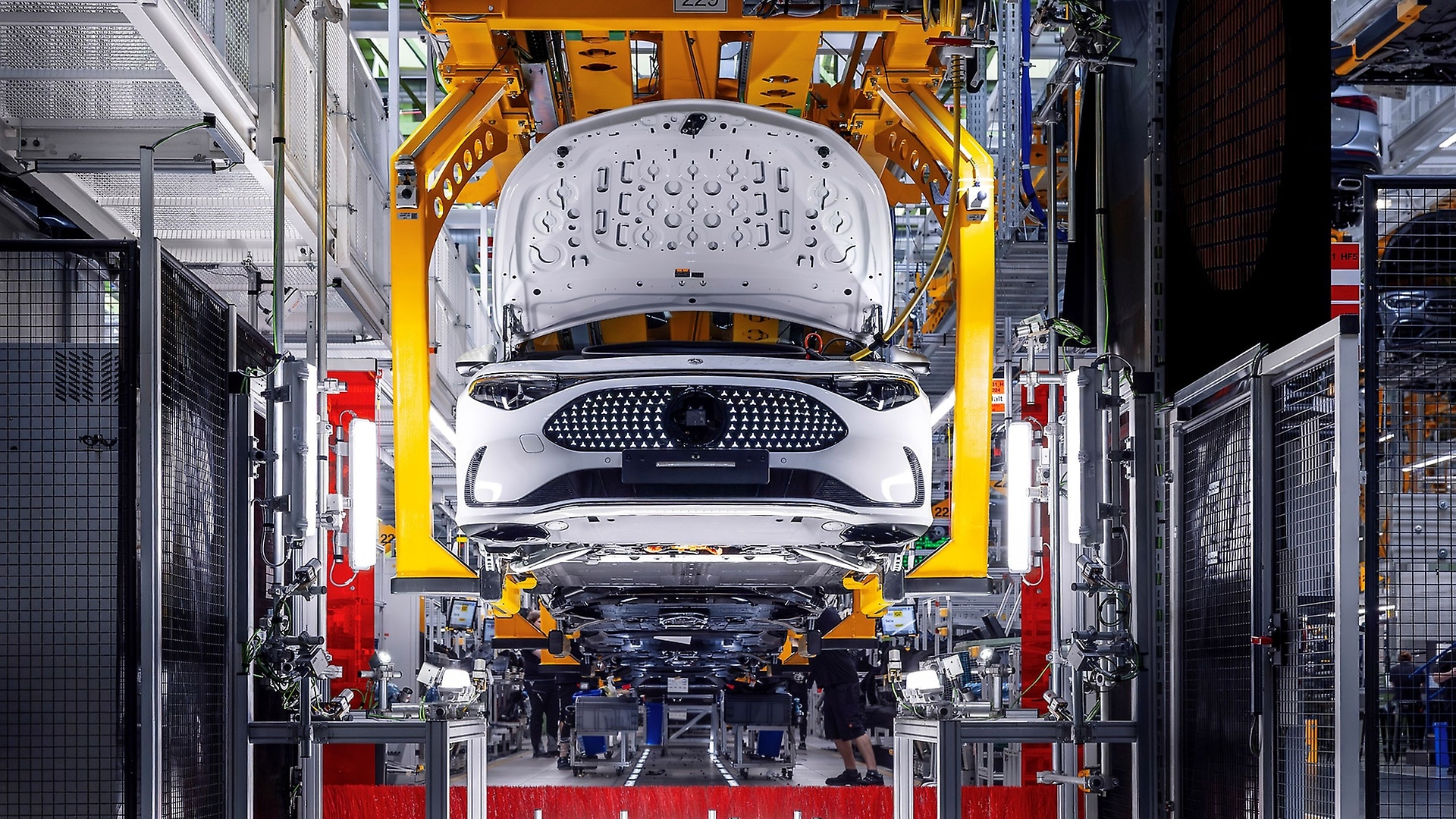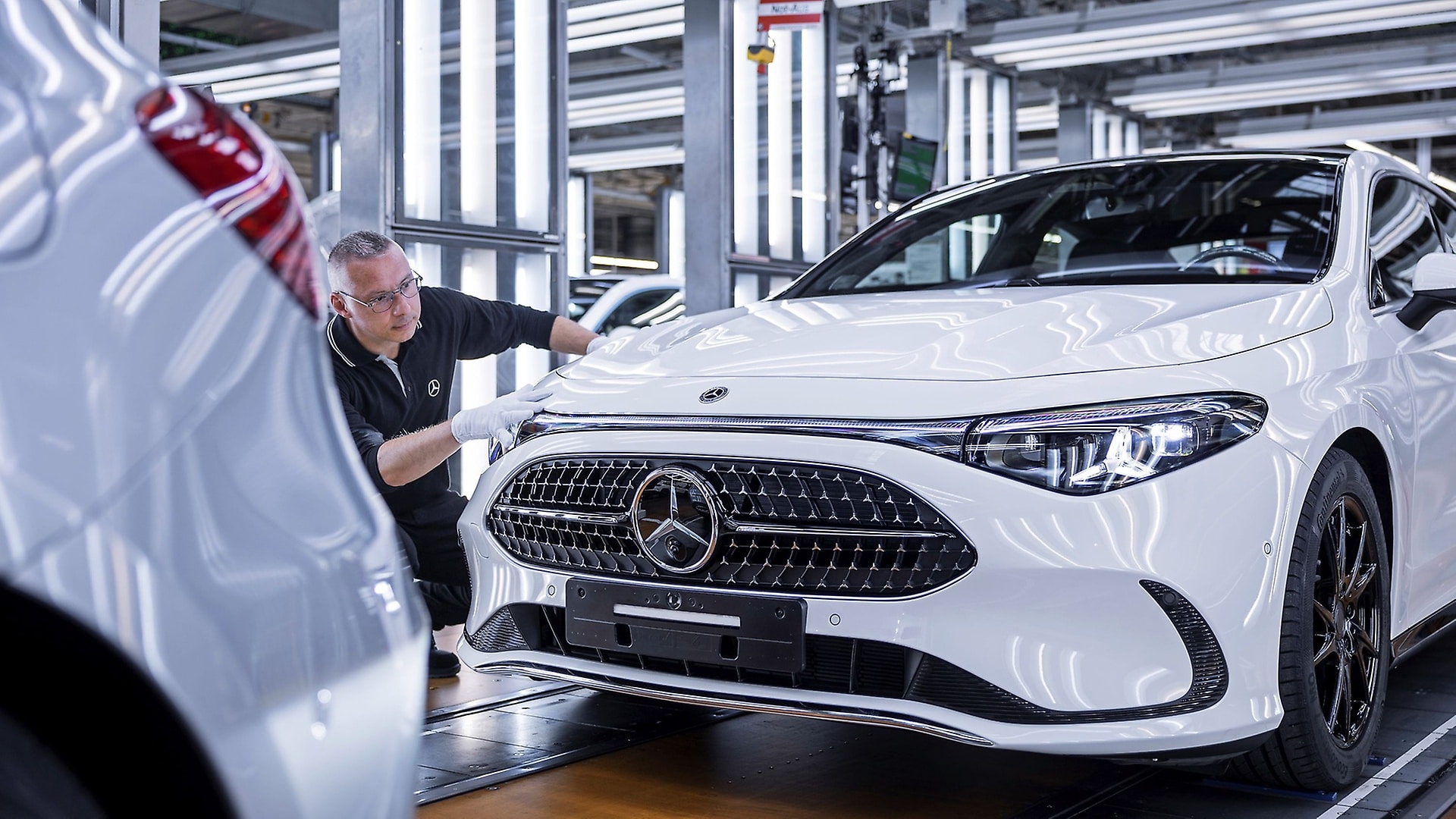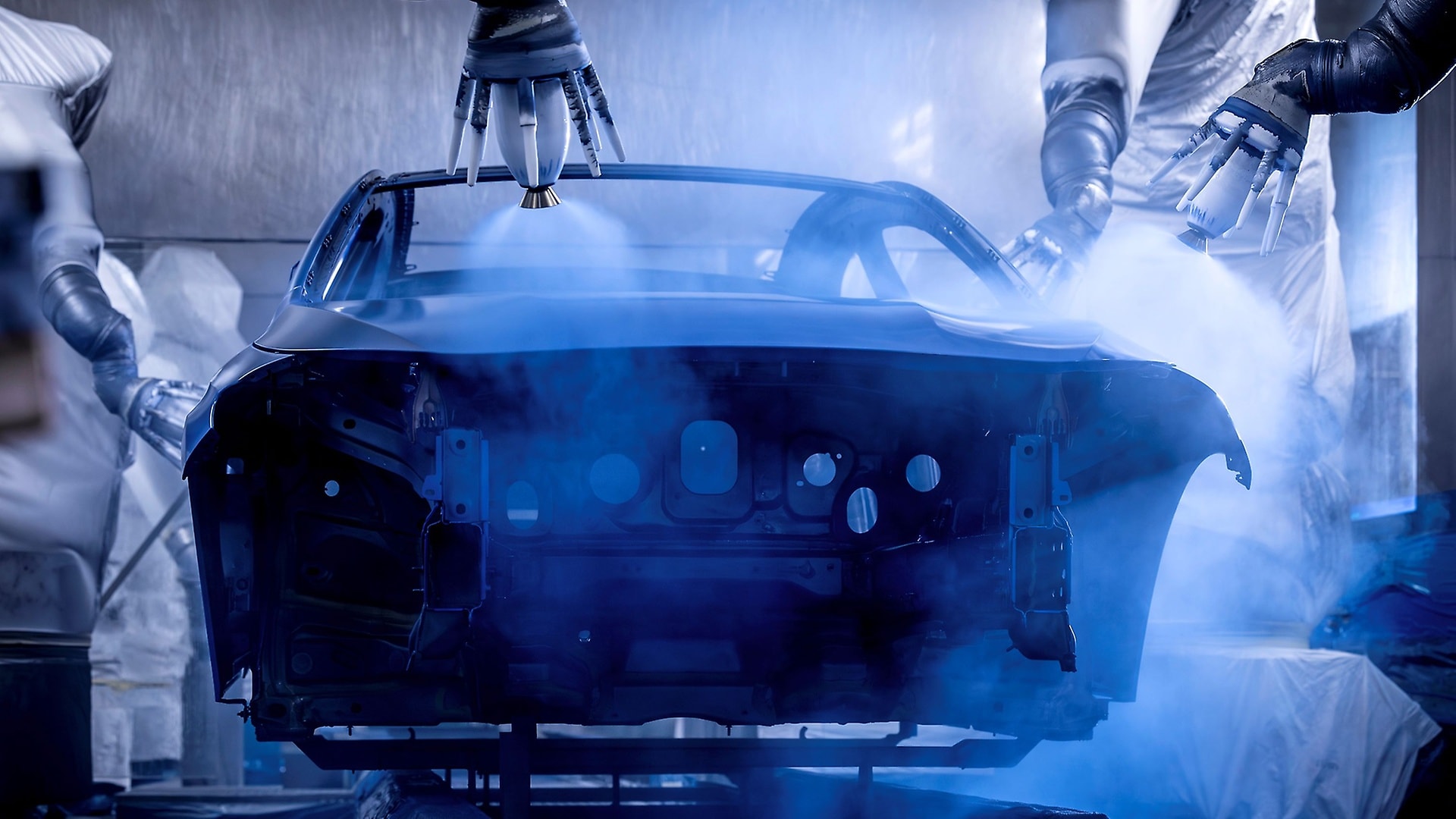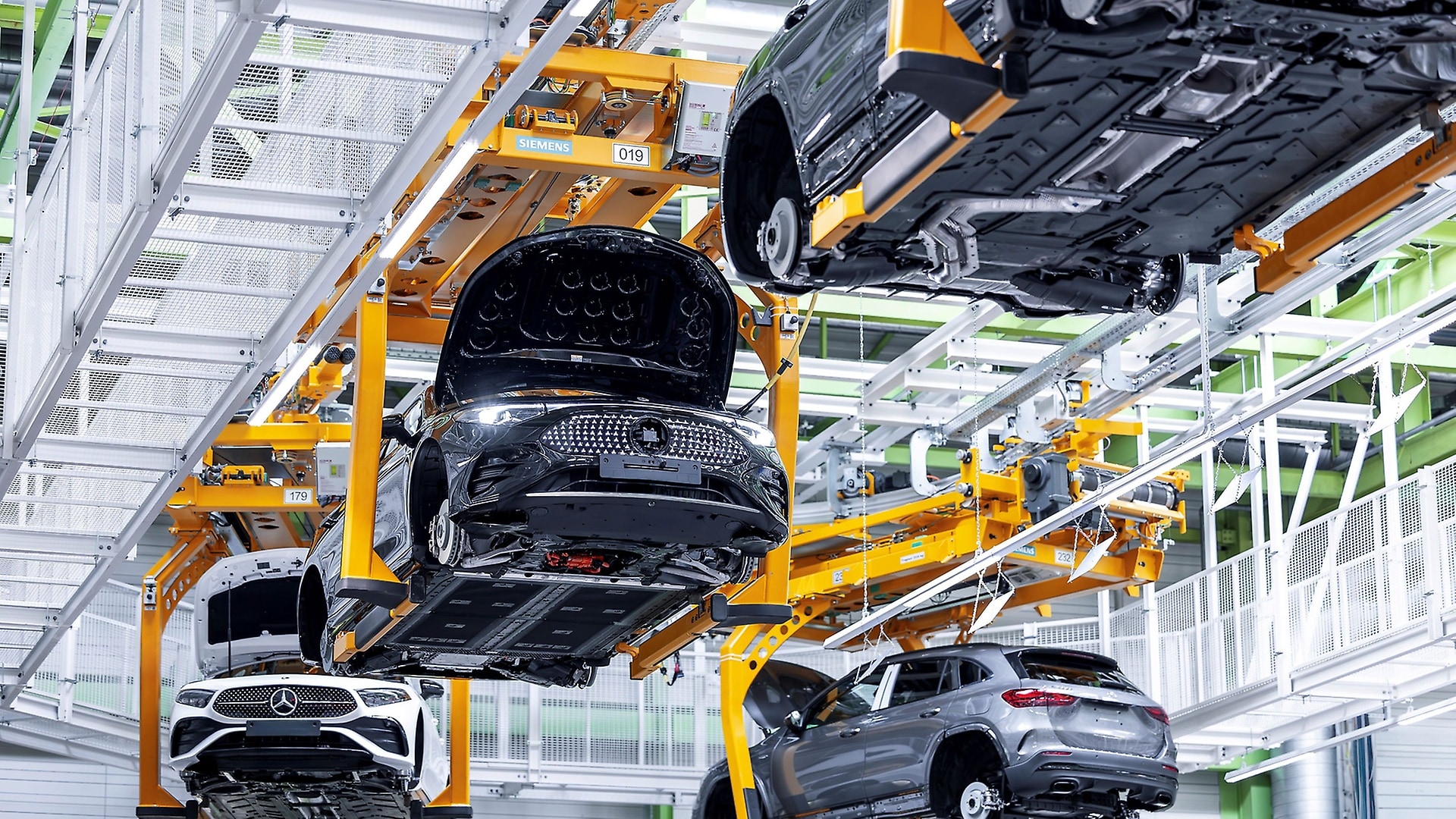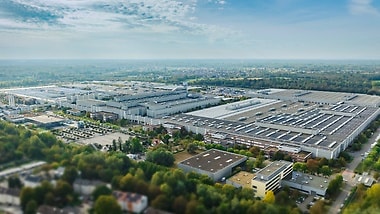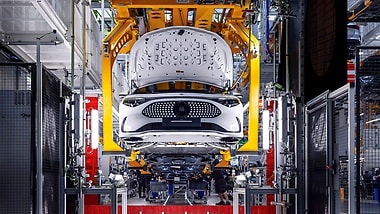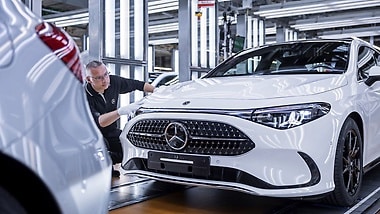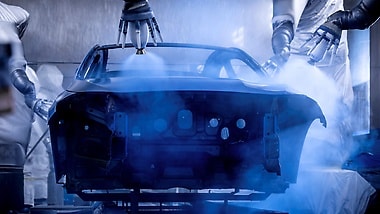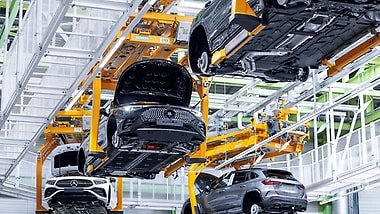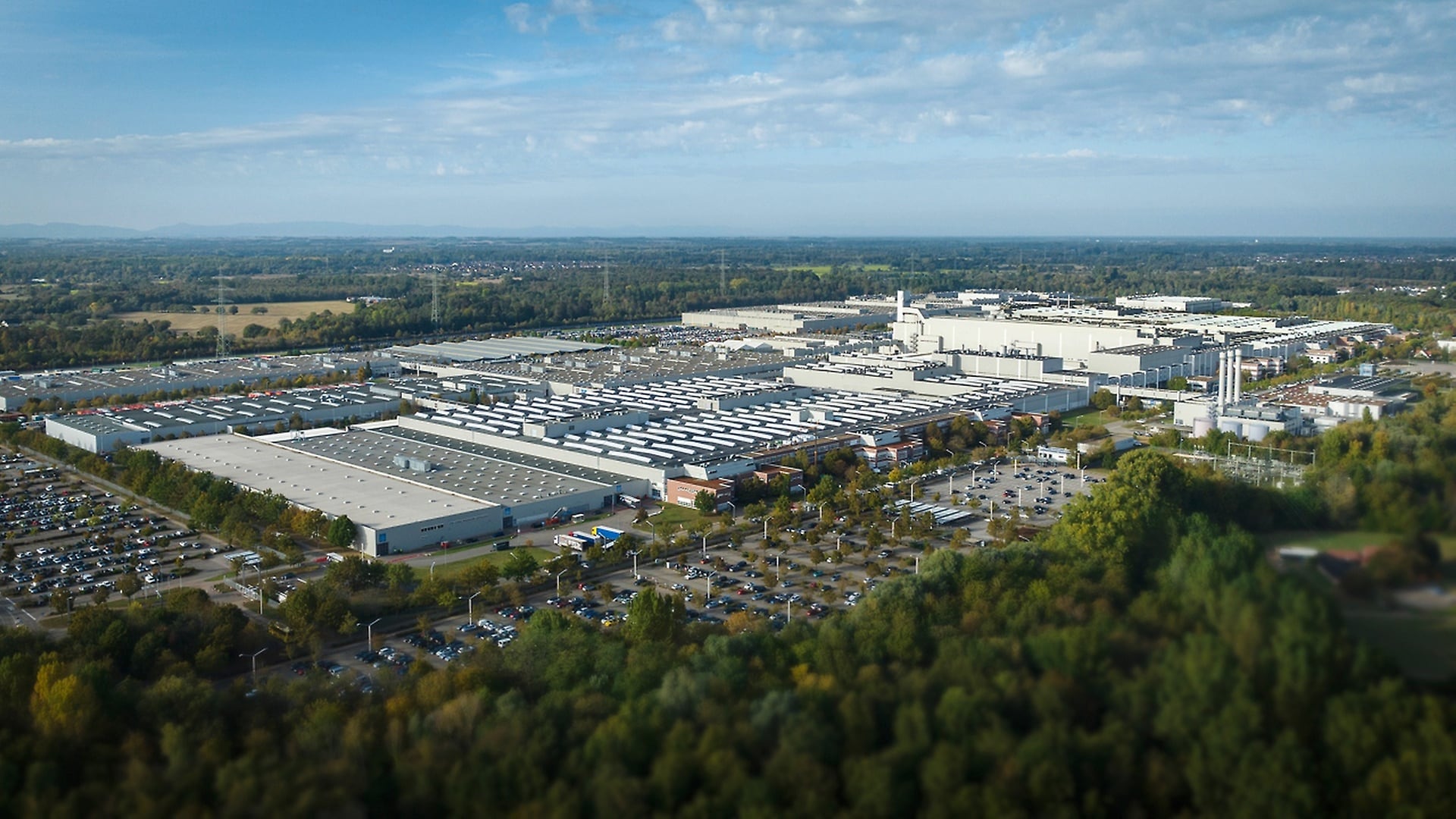
Mercedes-Benz Plant Rastatt.
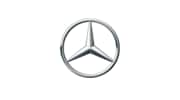
Employees
~ 6,000
Foundation
1992
Benefits
Postal address
Mercedes-Benz Plant Rastatt
Mercedesstraße 1
76432 Rastatt
Germany
About the Mercedes-Benz plant in Rastatt
The Mercedes-Benz plant in Rastatt started production in 1992. With more than 6,100 employees, it is the largest employer in the region.
The Rastatt plant will build the A-Class, the compact SUV GLA, the all-electric EQA and the new CLA are built in Rastatt. With combustion engines, plug-in hybrids and electric vehicles, Rastatt's compact car production covers the entire range of modern drive technologies.
The all-electric Mercedes-Benz models flexibly roll off the same assembly line as vehicles with conventional drives.
The Mercedes-Benz Customer Center Rastatt is located right next to the plant, where customers can pick up their ordered vehicles and book guided tours of the plant. On the "A-Rock" driving experience course with event area right next to the plant, they can also test the off-road characteristics and assistance systems of their Mercedes-Benz. In addition, public events are held regularly in the customer center.
The Mercedes-Benz Group at a glance
Mercedes-Benz Group AG is one of the world’s most successful automotive companies. With Mercedes-Benz AG, the Group offers a wide range of high-end passenger cars and premium vans. Mercedes-Benz Financial Services is another key pillar of the Group and plays a central role in the financial services business.


